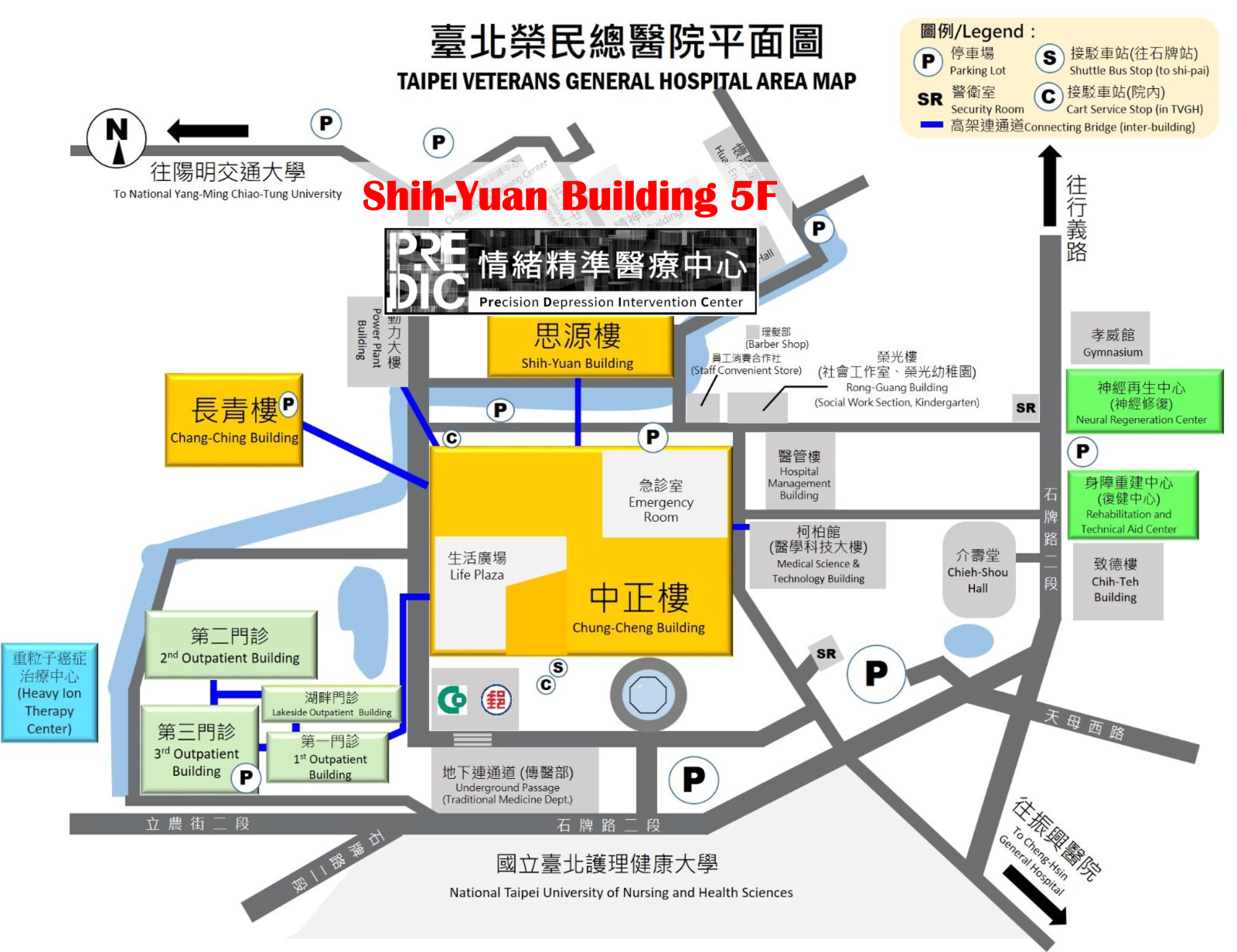
Major depressive disorder (MDD) is a serious disease and has been projected that this disease will rank first by 2030 WHO. Due to the progress of medicine, we have learned that MDD is a manifestation of brain dysfunction. It had heterogeneous symptoms and was sometimes difficult to diagnose. For some patients, their symptoms might be depressive mood, anxiety, or loss of interest. Other patients with underlying MDD or comorbid with MDD, may present irritable mood, dysregulation of the autonomic nervous system, or general pain for unknown reasons. Therefore, an accurate diagnosis of major depressive disorder or other depressive mood-related disorders is the first step to successful treatment.
So far, past studies have established that there are a high proportion of patients with MDD poorly response to pharmacological treatment. We called this group of patients “treatment-resistant depression” (TRD). Therefore, novel and effective antidepressant therapeutic methods, such as brain stimulation, esketamine, and low-dose ketamine are necessary.
Repetitive transcranial magnetic stimulation is one of the novel and effective treatments for major depressive disorder and treatment-resistant depression. Taipei Veterans General Hospital is the pioneer for this treatment and is leading brain stimulation-related studies in Taiwan. We found that there are still some patients who respond poorly to rTMS, and therefore, we proposed a new form of brain stimulation, called intermittent theta-burst stimulation (iTBS) under leading of Professor Li. Related research found that compared to conventional rTMS, the changes in neuroplasticity were more powerful and fast. In addition, we proposed brain stimulation combined with AI-assisted brain image technique and AI-assisted prediction of the outcome of different models of brain stimulation, which is not only a key component of successful antidepressant treatment but also enables patients with MDD to achieve remission of depressive symptoms in a shorter time.
On the other hand, low-dose ketamine has been established as an effective antidepressant treatment in many studies. Esketamine has been approved by Taiwan FDA (TFDA) to treat patients with major depressive disorder suffering from a depressive episode with suicidal ideations. Taipei Veterans General Hospital is also the pioneer of this treatment in Asia.
Therefore, we finally established Precision Depression Intervention Center (PreDIC) in June 2022, features patient-centered precision medicine, providing individualized precise diagnosis and treatment, to help patients recover from depression.
We provide:
|
Precision Medicine for MDD |
Participants including, |
|
Individualized treatment plan
|
All ages of patients with MDD Depressive symptoms related mental disorders (etc. bipolar depression) Psycho-oncology Chronic pain and fibromyagia |

Last Modified: